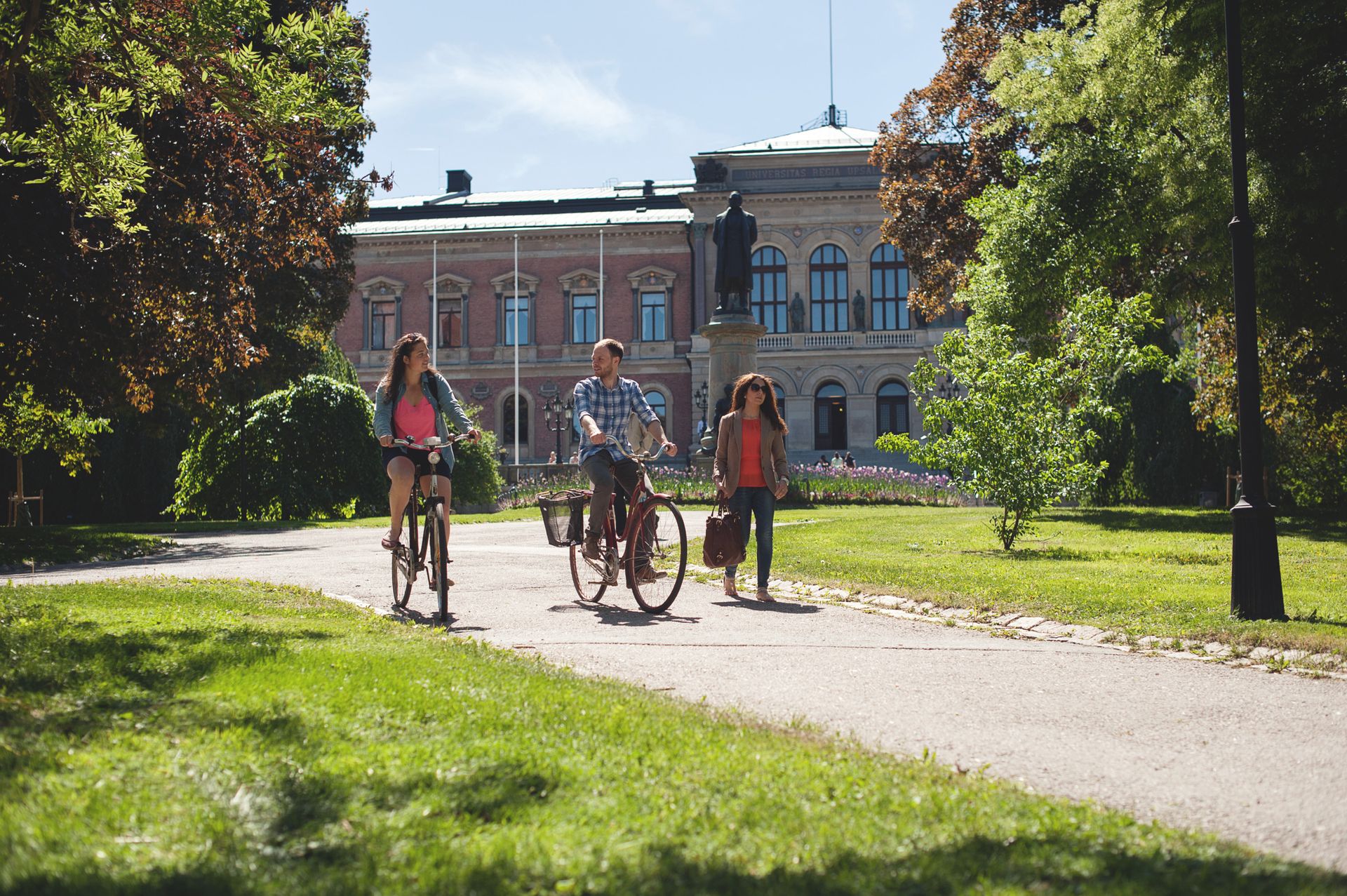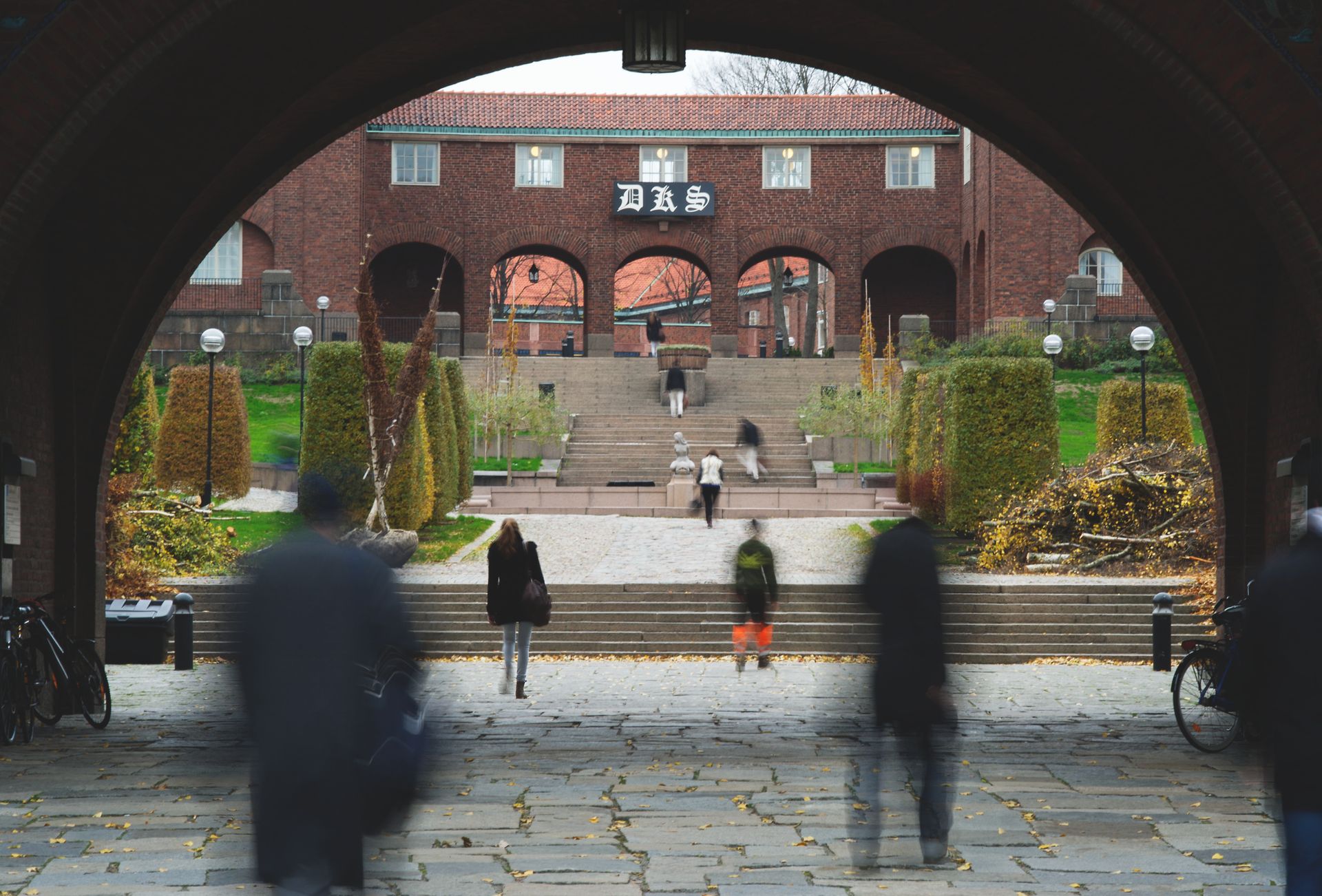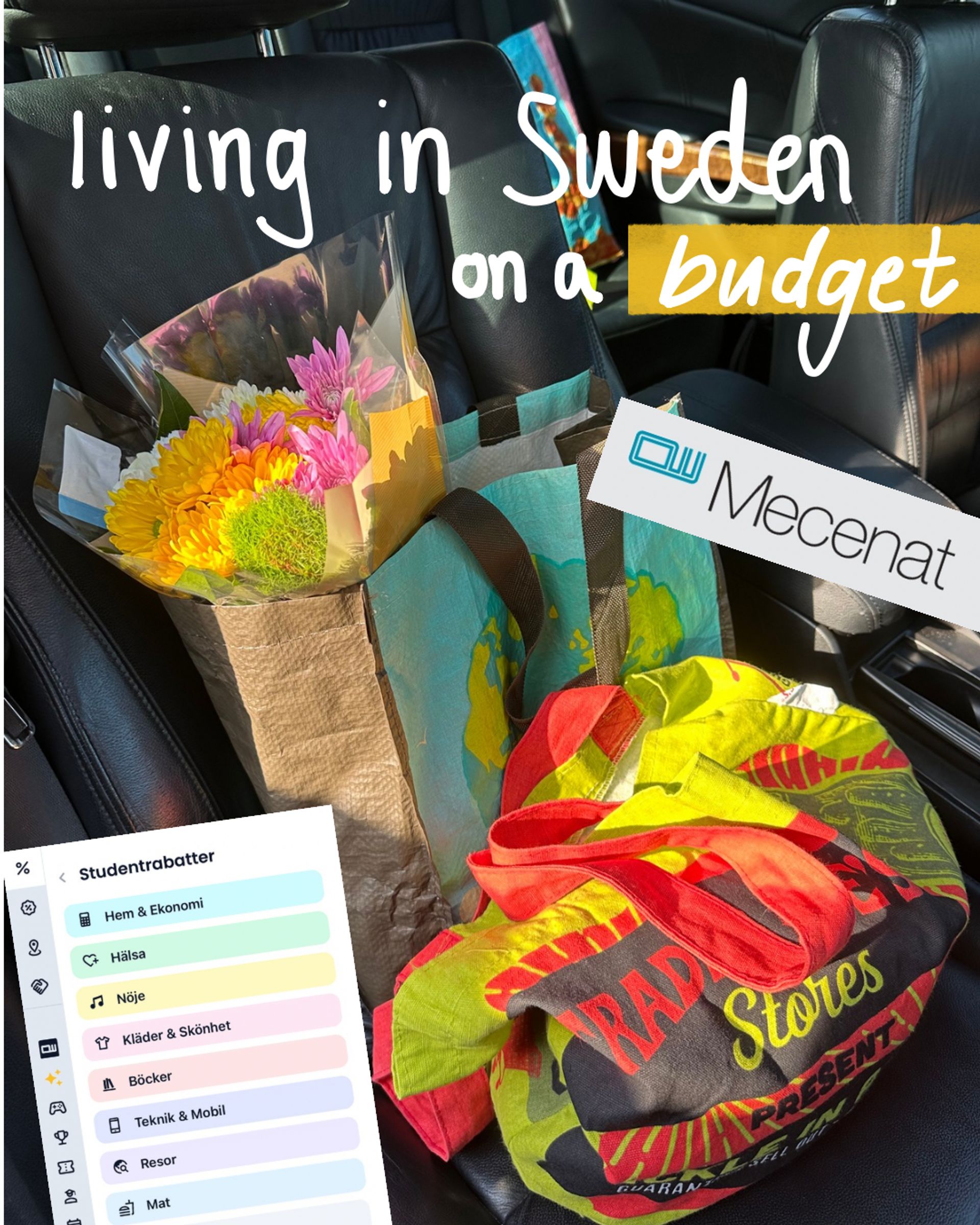
Written by Ravindu
22 Feb 2025
Ahhh, that time of year has arrived—the autumn application season is officially closed! You’ve submitted your application, uploaded all your documents, and paid the application fee (if needed). Now, all that’s left to do is sit back and relax while waiting for the admissions decisions to roll in. You could toss your phone into a lake, disappear into the wilderness, and live off the grid until results day… nothing else to do till then, right? Well…
Earlier this week, I had the pleasure of joining Dalaa and two fellow ambassadors from Örebro and Chalmers Universities for an Instagram livestream hosted by Study in Sweden. We discussed the next steps for applicants who have submitted their applications and are now in the waiting game. One part of the conversation that really stood out to me was the common mistakes students make—and should avoid—during this stage of the process.
You might think there’s nothing left to do after submitting your application. And while that’s technically true, there are still a few things that can help make your journey to Sweden smoother and more efficient. So, let’s talk about some of the most common mistakes applicants make—and how you can avoid them!

1. Neglecting Your Current Studies
If you’re applying for a master’s program while still in the final year of your bachelor’s, you’ll most likely receive a conditional offer. This means your admission depends on you successfully completing your degree and submitting proof of graduation before the final deadline. It’s easy to get caught up in the excitement of moving abroad, but don’t let it distract you from your current studies. Your grades still matter, and failing a course at this stage could put your admission at risk. Stay focused, manage your time well, and make sure you’re on track to graduate.
2. Ignoring Your Emails (or Forgetting to Check University Admissions)
You might think you’re done with applications, but universities or admissions offices may still need extra documents from you. Some students miss out on their dream program just because they overlooked an email requesting additional information. These requests usually come with strict deadlines, and failing to respond in time could result in your application being withdrawn. To avoid this, check your inbox regularly—including your spam folder—so nothing slips through. Additionally, make it a habit to log into universityadmissions.se now and then to see if there are any pending requests. A few minutes of checking could save you from a lot of unnecessary stress later.

3. Forgetting About Deadlines
Just because the application deadline has passed doesn’t mean you’re completely done with deadlines! Each part of the process has its own timeline—document submission, application fee payment, and in some cases, scholarship applications. Many students assume that submitting their application is enough, only to later realize they missed a crucial deadline that could have secured their spot.
Make a checklist of all the important dates and tick them off as you go. If you’re unsure whether you’ve submitted everything, double-check your application portal to confirm that your documents and payments are all in order.
4. Waiting Too Long to Research Scholarships
Scholarships can significantly ease the financial burden of studying abroad, but they don’t just fall into your lap—you need to actively look for them. Some scholarships have deadlines very close to (or even before) the admission results, meaning if you wait until after you’re accepted, you may have already missed your chance. Additionally, certain scholarships require extra documents, like motivation letters, financial statements, or reference letters. These take time to prepare, so the earlier you start, the better your chances of submitting a strong application.
If funding your studies is a concern, don’t put this off—start researching scholarships now

5. Not Preparing for the Next Steps
If you’re from outside the EU/EEA, your journey to Sweden doesn’t end with getting accepted—it’s just the beginning of a whole new process. One of the biggest steps is applying for a residence permit, which can take weeks or even months to process. To apply, you’ll need financial documents proving that you can support yourself, transcripts, and other paperwork. If you start gathering these documents early, you’ll be able to submit your residence permit application as soon as your admission results come out, avoiding unnecessary delays. Knowing what’s required beforehand will make everything much smoother and less stressful later.
6. Skipping Financial Planning
Let’s be real—Sweden is known for its high cost of living. But with the right budgeting, it’s absolutely possible to live comfortably as a student. Now is the perfect time to research tuition fees, housing costs, and general expenses like food, transport, and student discounts. If you plan on working part-time, look into job opportunities available for international students and any work-hour restrictions based on your visa. Proper financial planning now will help you avoid surprises and ensure you have a solid plan in place before you arrive.

7. Not Looking Into Accommodation Options Early Enough
Finding a place to live in Sweden can be very competitive, especially in cities with high student populations. Some universities offer guaranteed housing for international students, which is a great option if available. However, if your university does not provide this, you’ll need to arrange accommodation through third-party housing companies. Many of these operate on a queue-based system, meaning the earlier you sign up, the better your chances of securing a place. In some cases, you might not be able to join a queue until after you’ve been admitted, but knowing how the system works beforehand will allow you to act quickly once decisions are released. Researching housing options now will save you from last-minute panic later!

To Sum It All Up…
Waiting for admission decisions can feel like a long and uncertain stretch, but staying proactive now will make your transition to studying in Sweden much smoother. By keeping up with your emails, planning your finances, researching scholarships, and preparing for next steps like residence permits and housing, you’ll set yourself up for success long before you even set foot in Sweden.
So, take a deep breath, stay on top of things, and trust that all your hard work will pay off. Wishing you the best of luck with your admissions results! Master’s applicants—mark your calendars for March 27, and bachelor’s applicants, your big day is April 3. Exciting times ahead! 🎉





